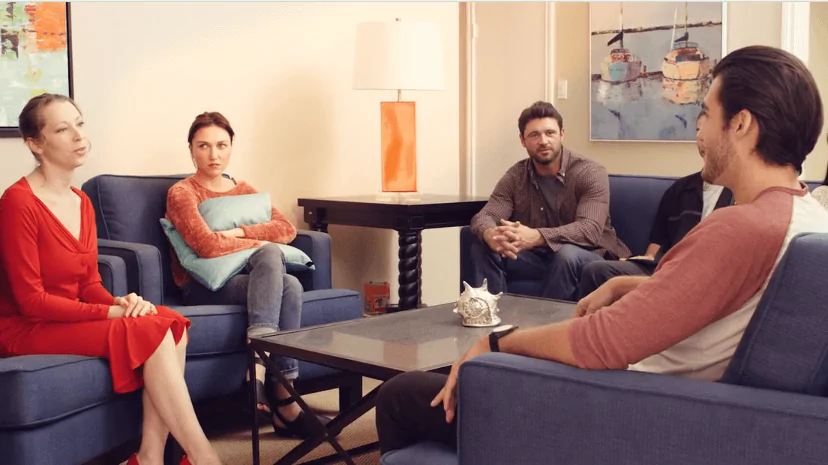24/7 Helpline:
(866) 899-221924/7 Helpline:
(866) 899-2219
Learn more about Klonopin Rehab centers in Belington
Other Categories in Belington

Other Insurance Options

Molina Healthcare

Group Health Incorporated

Coventry Health Care

Sliding scale payment assistance

American Behavioral

Private insurance

MVP Healthcare

State Farm

WellPoint

Covered California

BlueShield

CareSource

WellCare Health Plans

Sutter

Access to Recovery (ATR) Voucher

BHS | Behavioral Health Systems

Excellus

Holman Group

Multiplan

EmblemHealth

Appalachian Community Health Center
Appalachian Community Health Center is a private rehab located in Belington, West Virginia. Appalach...




















































































































